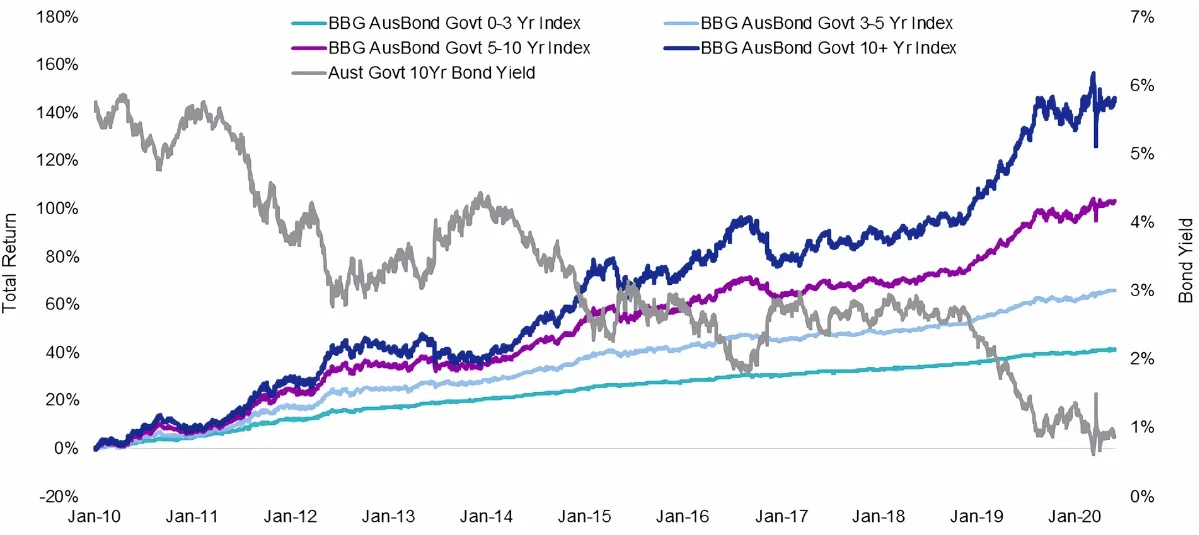Folks, let’s talk about Serbian President Aleksandar Vučić. News just broke that he experienced chest pains during a US visit and, frankly, it’s a wake-up call. While reports indicate his condition is now stable, he’s been advised to sideline his usual packed schedule for a bit.

Photo source:www.atlanticcouncil.org
Now, the details are unsettling. The President reportedly felt chest discomfort, prompting a concerning blood pressure reading of 165/98 when US doctors arrived – that’s high, people. He self-medicated initially, a move that, while understandable in the moment, underscores the relentless pace he operates at.
He made the smart decision to cut his trip short and return home. Thankfully, discharge is anticipated soon, but continued medical observation and a work pause are crucial. This isn’t just about a single incident; it’s a symptom of a broader issue – the intense pressures leaders face.
Let’s unpack this a little. Hypertension, or high blood pressure, is often labeled the ‘silent killer.’ It rarely presents dramatic symptoms initially, making regular checkups essential. Elevated readings like Vučić’s can significantly increase the risk of serious cardiovascular events.
Stress is a major contributor to hypertension. Political leaders, constantly navigating complex situations and public scrutiny, are particularly vulnerable. Prioritizing health isn’t a luxury; it’s a necessity for effective leadership.
Finally, early intervention is key. Vučić’s prompt attention to his discomfort, even with self-medication, likely prevented a more severe outcome. This situation highlights the importance of listening to your body, no matter how demanding your circumstances.





